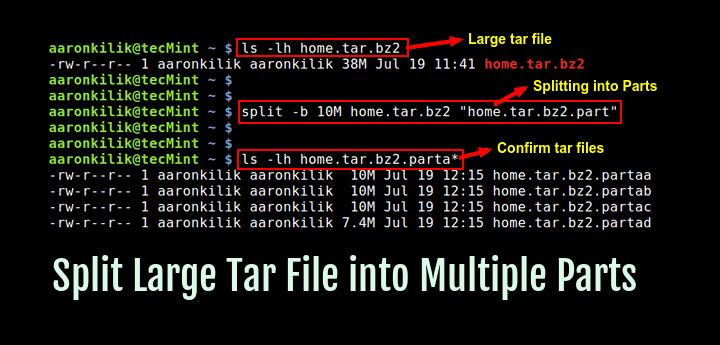


$ for program in tar unzip untar do # You could simply add to this list. The main features of 7-Zip High compression ratio in 7z format with LZMA and LZMA2 compression Supported formats: For ZIP and GZIP formats, 7-Zip provides a. zip And its done As you want script for the same. ls 1.zip 2.zip 3.zip now if you want to unzip them all just type: unzip. zip -r squash.zip dir1 To uncompress: unzip squash.zip this unzips it in your current working directory. (note that its what GNU tar actually does internally, except that it will also report gunzip errors in its exit status). To compress: zip squash.zip file1 file2 file3 or to zip a directory. Make gzip feed the uncompressed tar archive to tar: gunzip < tar xvf.
#Unix untar unzip command zip file
cd /home/rexter/test there are few zip files in this location. If you are referring specifically to the Zip file format, you can simply use the zip and unzip commands. You could use variants of this for loop, if you like adventure :-) Let me give you an example: go into the directory where you have the zip files. # In case of compressed files inside compressed files this will Use a looping construct to decompress each file.ĭecompress all files in the current directory: $ for file in `ls -1` doĭecompress all archives in the current directory and any subdirectories (my personal favorite): $ for file in `find *` doĭecompress all archives recursively and do the same again for any remaining: # Make the above loop a function to be called more than once But for future reference, you can just type. Use bash and the utility find to output to the console a list of all contents from the present directory. If you need to unzip in order to replace the new files only, you can use. You want to decompress all compressed files inside a directory and all its subdirectories.


 0 kommentar(er)
0 kommentar(er)
